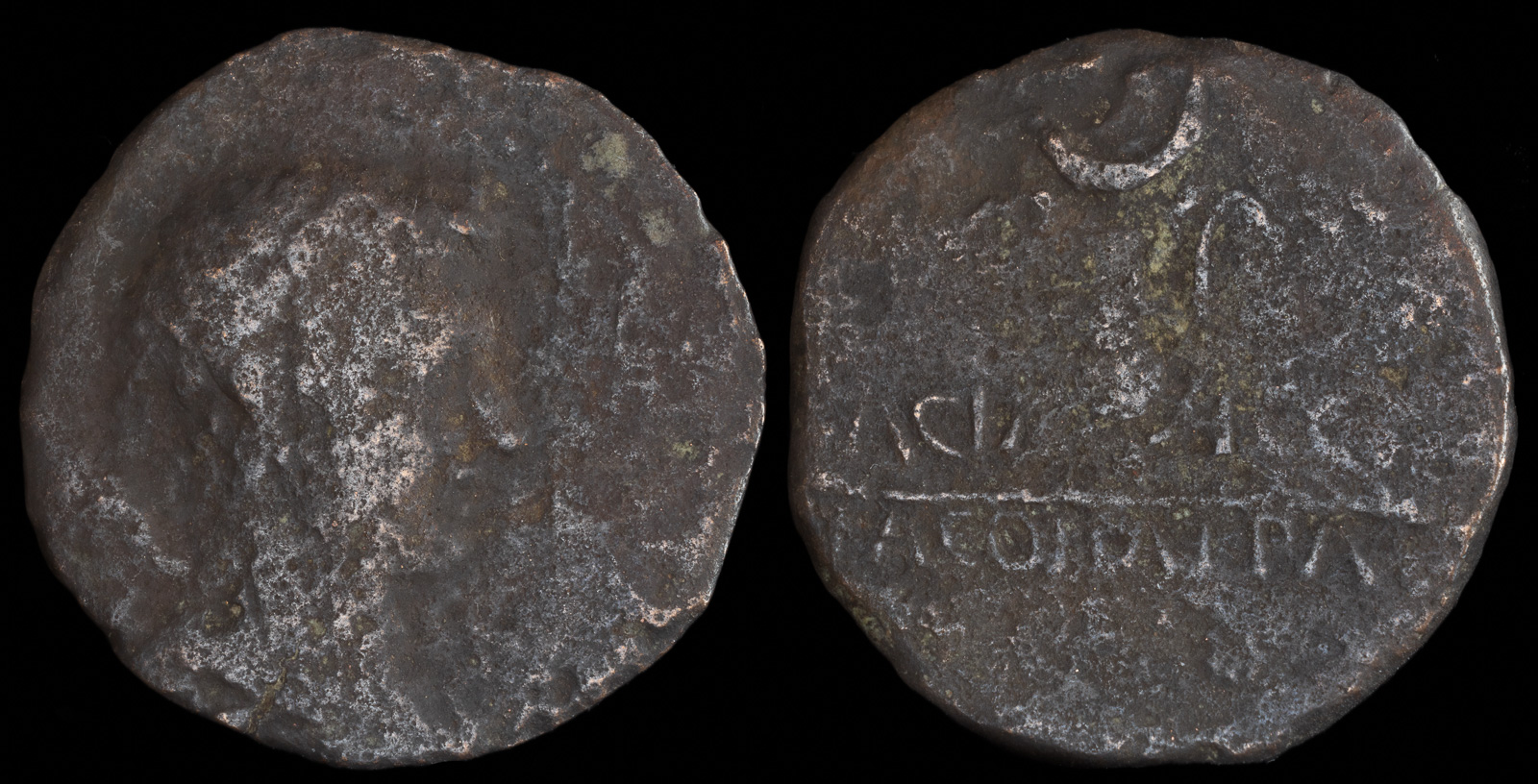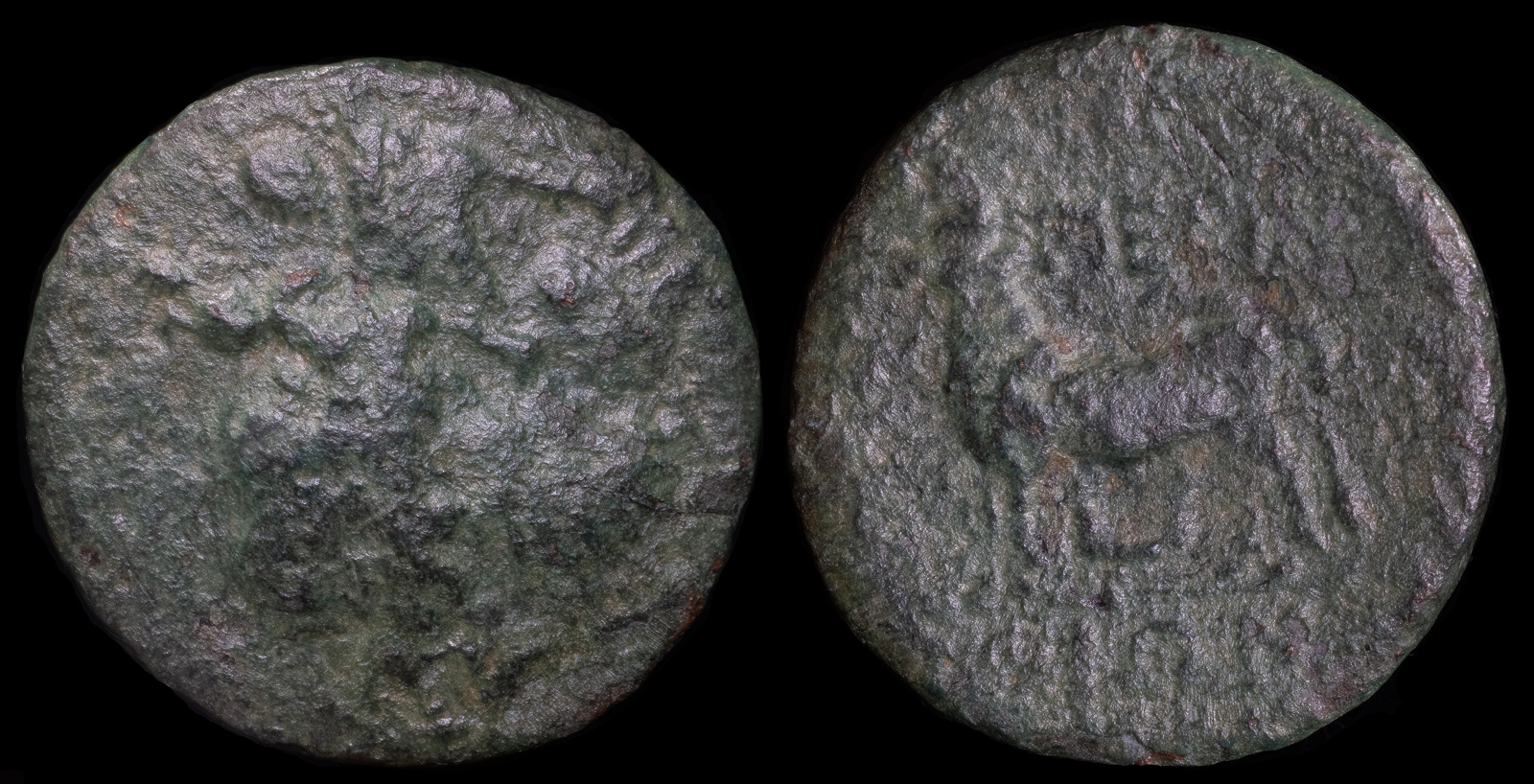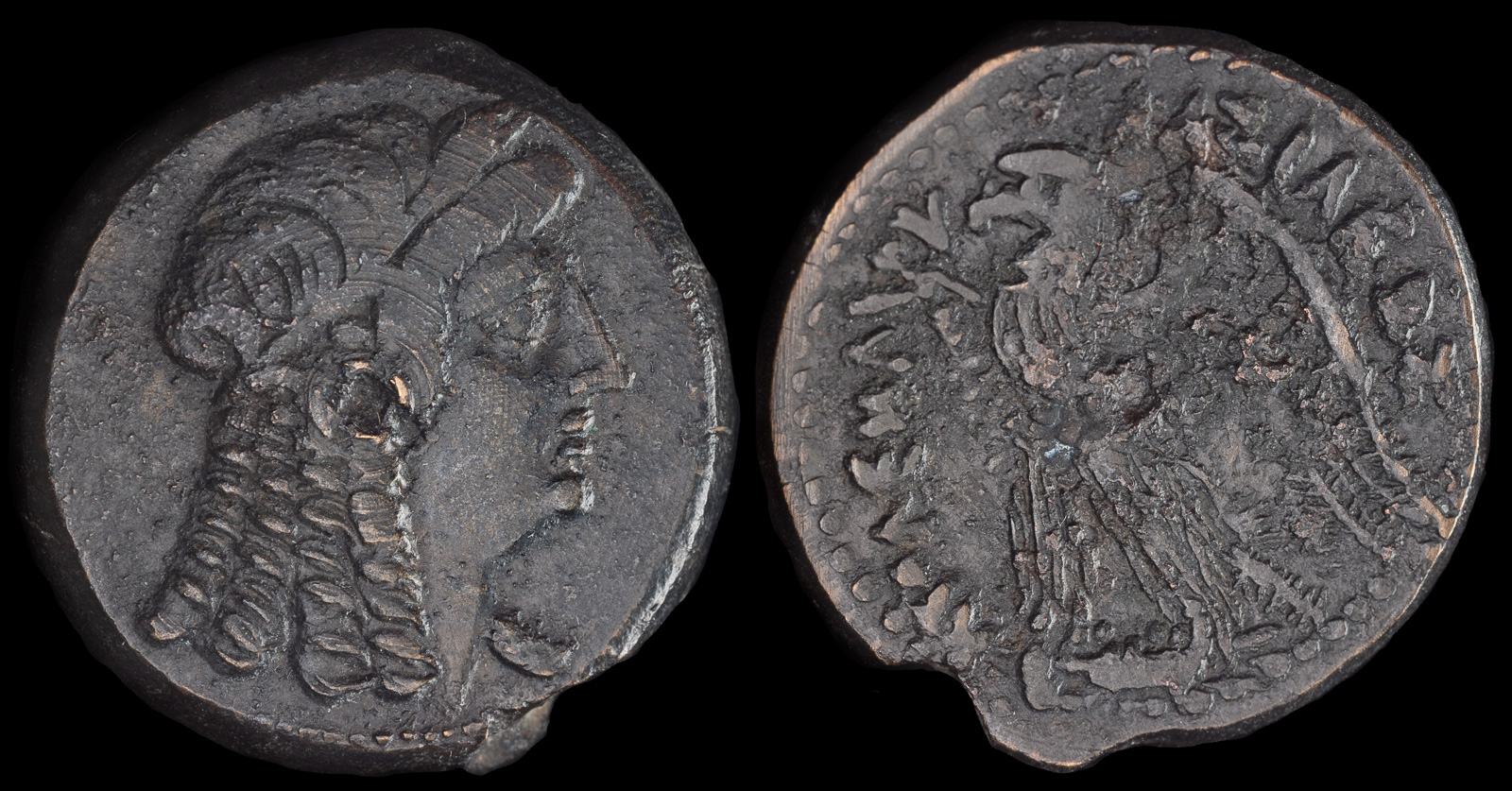Isis
View All Tags
The history of Isis is intertwined with the myth of her marriage to Osiris, the god of the underworld. According to the myth, Osiris was killed by his brother Set, who was jealous of Osiris’ power. Isis, in her grief, searched for her husband’s body and used her magical powers to bring him back to life long enough to conceive their son, Horus, who would later avenge his father’s death. This story made Isis the goddess of resurrection, rebirth, and motherhood, roles that were vital in the spiritual and cultural life of Egypt. Her ability to bring life from death was an essential aspect of her duties, which linked her to both the afterlife and the continuity of life.
Isis was not only a goddess of death and rebirth but also one of the most powerful healing deities in the Egyptian pantheon. She was often invoked in spells and prayers to provide protection, cure ailments, and offer guidance. As a mother and protector, Isis was also seen as a nurturing figure, closely associated with fertility and the family. Her protection was sought by those going on long journeys or facing dangerous situations, and she was considered a goddess of magic, wielding knowledge of powerful spells and divine wisdom. Her magical abilities were so well-regarded that they became a key aspect of her worship in the broader Mediterranean world.
As Egypt’s influence spread throughout the ancient world, so did the worship of Isis. By the time of the Ptolemaic Dynasty (around 300 BCE), Isis had become a goddess not just of Egypt but of the entire Mediterranean, with temples and cults dedicated to her in places like Rome, Delos, and Pompeii. She was revered as a protector of sailors, a goddess of fertility, and a benevolent deity who could bring comfort in times of suffering.

Juba II, with Kleopatra Selene
Caesarea 8-15 CE
Æ 26mm, 6,99g
Obv. REX IVBA, Diademed and draped bust of Juba right, with club over shoulder.
Rev. Headdress of Isis; crescent above, BACI-ΛICCA across fields, KΛЄΟΠΑΤΡA in exergue.
Mazard 351; SNG Cop. 605

Thrace. Perinthos
circa 250-200 BCE
Æ 21 mm, 5,42 g
Jugate heads of Serapis and Isis right
Bull standing left; monogram to left; below, two foreparts of horses joined together.
Schönert-Geiss, Perinthos 40–1; SNG Copenhagen 722
Ex Savoca

Ptolemaic Kings of Egypt, Ptolemy V Epiphanes
205-180 BCE
Æ Hemidrachm 27.08mm 17.92g
Obverse: Diademed head of Isis right
Reverse: ΠTOΛEMAIOY BAΣIΛEΩΣ, eagle with spread wings standing left on thunderbolt
Svoronos 1234; SNG Copenhagen 247
Ex CNG Auction 1996